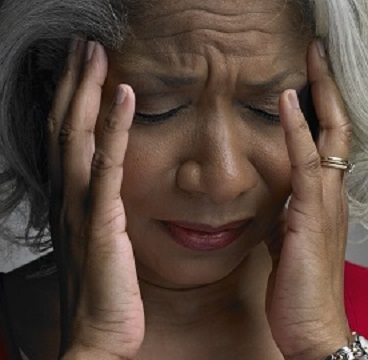Why Is Drug Use On The Rise Among Senior Citizens?
Seniors make up 13 percent of the population of the United States, yet they account for more than one-third of the prescription medications. One-half of all seniors were taking at least three prescription medications as of the year 2000, up from one-third in 1988.
With so many seniors taking prescription drugs, it shouldn’t be surprising that they are a part of the rising problem of prescription drug abuse. Nevertheless, senior drug abuse remains a largely hidden problem, in large part because elderly people do not fit the common profile of someone dealing with drug abuse or addiction.
In the coming decades, this problem can only be expected to grow. Seniors are one of the fastest growing segments of the population, as the first wave of the baby boom generation has reached senior citizen status. By 2030, seniors are expected to make up one-third of the country’s population.
What Are The Hidden Symptoms Of Senior Addiction?
 Identifying the signs and symptoms of drug problems in seniors presents various challenges. One of the biggest difficulties is the fact that a number of these signs and symptoms can mirror normal signs of aging.
Identifying the signs and symptoms of drug problems in seniors presents various challenges. One of the biggest difficulties is the fact that a number of these signs and symptoms can mirror normal signs of aging.
Among the symptoms of drug use that may be mistaken for signs of aging are disorientation, poor balance, memory loss, chronic boredom, depression, shaky hands, poor balance and mood swings. Since seniors do not fit the stereotypical profile of someone with drug problems, recognizing when such symptoms spring from drug use and not just aging is a challenge for loved ones and health professionals alike.
Drug Abuse Vs. Misuse – Is There A Difference?
When examining drug problems among seniors, it is helpful to make the distinction between drug abuse and drug misuse. Drug misuse refers to the use of prescription medications in a way that does not comply with the prescription instructions. Drug misuse can be entirely unintentional, and the result of unclear instructions or confusion. Drug misuse can also be intentional; for example, patients may take more than the prescribed dose without consulting their doctor if they feel that the prescribed dose is not having an effect. In general, the term misuse is used to refer to the incorrect use of legitimately prescribed drugs, with the intent of treating an established medical problem.
In contrast, drug abuse refers to people who use drugs for recreational purposes. They may abuse illegal drugs that have no therapeutic purpose, or they may use therapeutic drugs incorrectly in order to achieve a euphoric high or some other pleasurable feeling.
Both drug misuse and drug abuse can result in drug dependence and other negative side effects. However, drug misuse is usually the easier problem to solve. The most common reason for drug misuse is an ineffective treatment plan, and the problem will usually disappear if treatment is revisited and a more effective plan put in place.
Drug abuse among seniors is much less common than drug misuse. Nevertheless, the problem does exist for 12 to 15 percent of elderly people who seek medical help.
What Are The Commonly Abused Drugs Among The Elderly
Opioid drugs, depressants, stimulants, benzodiazepines and over-the-counter (OTC) medications are the drugs most frequently abused among seniors. Opioids are typically prescribed for pain relief; depressants are prescribed for anxiety and sleep disorders; stimulants are prescribed for narcolepsy and ADHD; and benzodiazepines for anxiety and insomnia.
Opioids are particularly dangerous drugs to abuse or misuse because they are extremely addictive. These medications are chemically similar to the illegal drug heroin, and can be just as addictive as heroin when used incorrectly.
After prescription drugs, alcohol is the most commonly abused substance among the older adult population. OTC medications can react poorly with alcohol, leading to negative consequences that would not otherwise be present with these medications. They can also react badly with prescription drugs.
Find Out The Strategies To Address Senior Drug Problems
Tailoring education, consumer information and screening efforts to older adults are some key steps to reducing drug abuse among the elderly.
Although seniors are the most significant consumers of prescription drugs, promotional and educational materials are often not geared toward them. Helpful tools might include educational materials available in large print and drug diaries to help track medications.
Educational efforts aimed at reducing drug abuse should also keep seniors in mind. Teenagers aren’t the only segment of the population that needs education about drug and alcohol abuse. The more society recognizes that seniors are an at-risk population, the more education and screening efforts may be available in retirement communities, senior centers, city parks and recreation departments, and other places where the elderly can benefit.
Read More About Why Drug Use Is Surging In Baby Boomers



